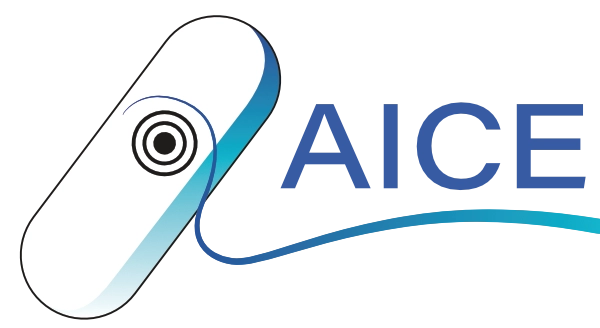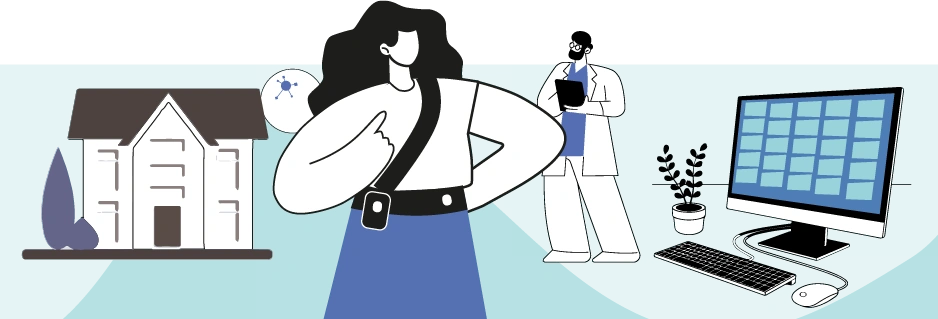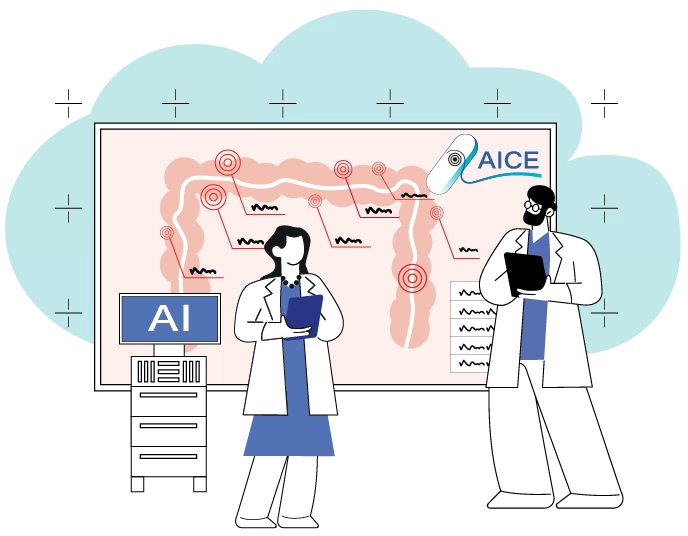Your Digestive Health: Nourish to Flourish
Each year, on the 29th of May, the World Gastroenterology Organisation (WGO) celebrates the World Digestive Health Day (WDHD). The digestive system absorbs essential nutrients that fuel the body’s functions and supports long-term health. Digestive health thus forms the foundation of overall wellness, influencing not only physical vitality but also mental and emotional balance. This year, the campaign Your Digestive Health: Nourish to Flourish raises awareness about the importance of a balanced diet and general nourishment in the prevention of digestive diseases and disorders.
In addition to a healthy diet and lifestyle, early detection of digestive disorders is crucial in preventing disease progression and improving the quality of life of patients. EU researchers are actively working on innovative solutions to enhance the care and wellbeing of patients suffering from digestive diseases. AICE project, dedicated to improving the screening and diagnostics of colon cancer, and eCAP project, broadening access to early diagnosis of gastroesophageal reflux disease, are two examples of ambitious solutions aiming to tackle the challenges in digestive health, both funded by Horizon Europe and UK Research and Innovation programmes.
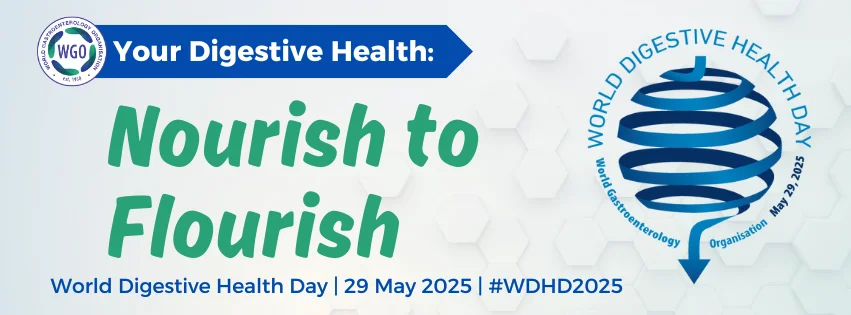
The AICE project – working with patients and healthcare professionals to improve colorectal cancer screening and diagnostics using AI
The AI-Supported Image Analysis in Large Bowel Camera Capsule Endoscopy (AICE) project is a four-year transformative digital health research collaboration funded by Horizon Europe and UK Research and Innovation. The AICE team are working to support faster and more accurate identification of colorectal cancer by integrating AI with Colon Capsule Endoscopy (CCE). CCE involves a patient swallowing a vitamin-sized capsule containing a camera, which captures thousands of images as it travels through the colon. This provides a less invasive alternative to the traditional gold standard of colonoscopy. However, manually reviewing the large volume of images it produces is time-consuming and can vary between readers, leading to human error. To address this, AICE will deliver an AI-assisted patient pathway that harnesses AI algorithms to help determine which patients would benefit from CCE, detect polyps with high sensitivity and specificity, classify them as neoplastic or non-neoplastic, and estimate their size. The goal is to support both clinicians and patients by providing an alternative to colonoscopy and improve the efficiency and speed of image analysis.
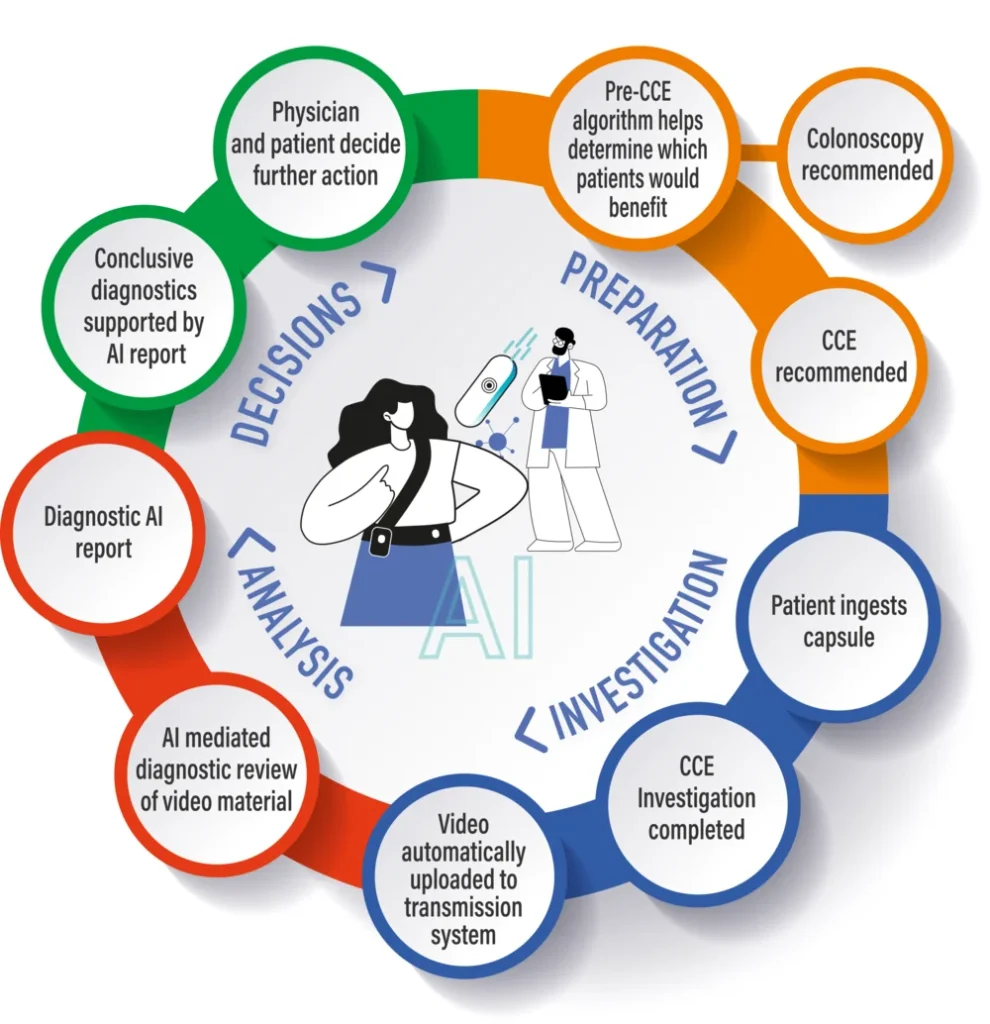
Graphic overview of The AICE Pathway
Alongside its technical development, the AICE project is focused on improving the experience of those undergoing CCE. The project team is working closely with both patients and healthcare professionals to co-design a Patient Reported Experience Measure (PREM) that captures feedback from patients on the CCE process, as well as a supportive app to guide patients through their procedure. These tools aim to provide clear information, reduce uncertainty, and help improve satisfaction and the overall experience. In doing so, they also support improved compliance for more successful procedures and could make CCE a better option for some patients to find bowel pathology than colonoscopy. As such, the AICE team envisage this will help with the uptake and better engagement with screening & diagnostic programmes.
Looking Ahead
With the project due to finish in August 2026, AICE continues to make progress on:
- Validating AI models to support screening and diagnostics
- Co-designing patient-facing tools
- Supporting evidence-based integration of AI into clinical workflows
- Contributing to ethical standards for the use of AI in healthcare
eCAP project – an innovative and affordable solution for early detection of GERD
Gastroesophageal reflux disease (GERD) happens when stomach acid flows back up into the esophagus and causes heartburn. Despite being estimated to affect 1.2 billion people globally, only 2% of GERD cases are accurately diagnosed. Mostly, as currently available diagnostic tools require highly skilled interpretation and have high set-up cost. When GERD is not diagnosed and appropriately treated, it can damage the esophagus tissues and lead to long-term complications with a severe impact on the daily activities of patients.
eCAP project is developing a diagnostic device encompassing a multisensory capsule and an e-health platform, composed of a mobile application used by the patient and a web platform for clinicians, to increase the accessibility of GERD diagnosis. By taking out the need for expensive equipment, highly-specialised skills and time-intensive manual work currently required to interpret the results of GERD testing, eCAP provides a solution to low-resource environments, which currently lack access to GERD diagnosis.
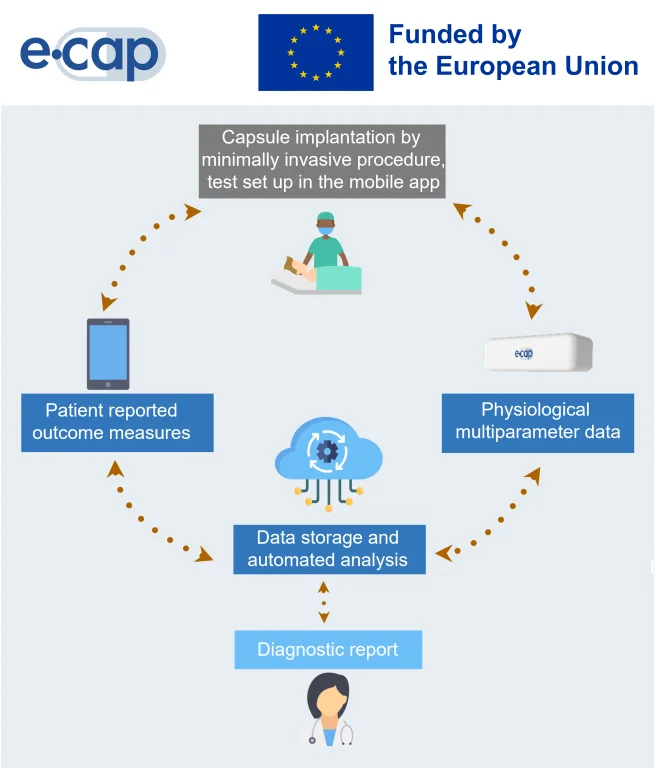
Since its launch in 2022, eCAP has developed a smart capsule with multiple sensors to detect biochemical and physiological events associated with gastrointestinal disorders. The capsule prototype and its communication to the e-health platform have been optimised, resulting in a functional and innovative Bluetooth-enabled implantable device ready for preclinical validation.
While the capsule records biochemical and physiological events, the patient reports their daily activities (eating, drinking, sleeping) and any symptoms experienced during the study (nausea, reflux, abdominal pain) on a mobile app. All the data is then transferred to an e-health web platform developed by the eCAP consortium. Through the platform, the clinician has access to all the data recorded during the study (capsule and patient-reported) as well as an interpretation of the results to facilitate the diagnosis.
Next steps
Next year, eCAP project will clinically validate the technology in patients suffering from GERD in France, Ukraine and Kenya. Moreover, supported by local partners, the consortium will continue the training of doctors in Kenya and Ukraine to raise awareness on GERD and upskill surgeons in flexible endoscopy for decreasing the burden of digestive disease on patients globally. At the moment, GERD diagnosis in Ukraine and Kenya is insufficient and an affordable technology would be highly beneficial to accelerate access to treatment.
On World Digestive Health Day 2025, AICE and eCAP consortia are proud to be part of a wider effort to strengthen digestive health through research, collaboration, and practical innovation.
Learn more about the projects here on aiceproject.eu and ehealth-cap.eu.
Stay connected for more updates by following the projects on social media for AICE: LinkedIn / X and for eCAP: LinkedIn.
